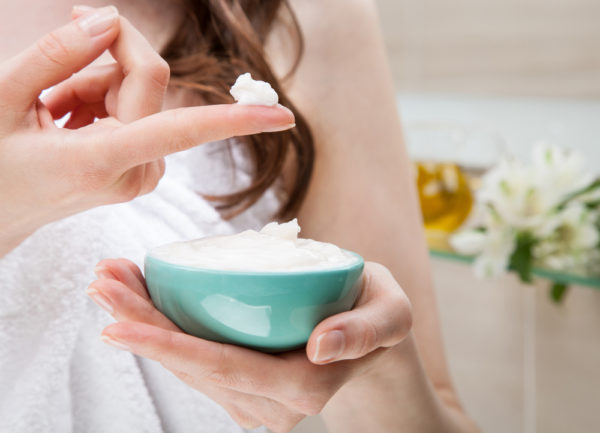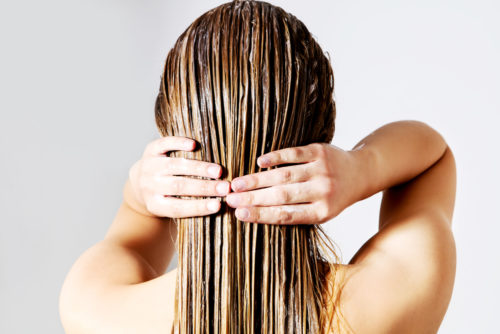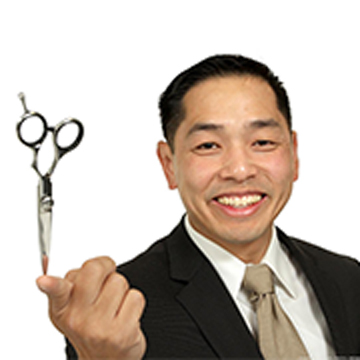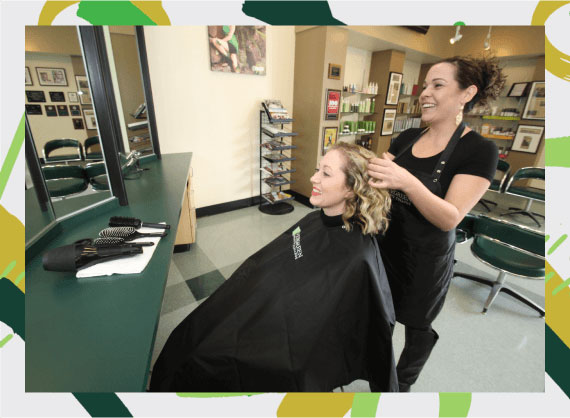Should I Condition my Hair Every day?

Your hair type will determine how often you should be conditioning. A good hair conditioner can leave your hair soft, smooth, and moisturized, but conditioning too much can leave your hair limp and greasy. If your hair is:
Dry
Chances are, you’ll need to invest in a good moisturizer that is designed to lock in your hair’s moisture and natural oils. Use leave-in conditioners or light moisturizers whenever your hair is feeling dry and frizzy. Go for lighter shampoos and creamy conditioners so you don’t wash out the natural oils your hair needs to stay moisturized and strong.
Oily
Don’t use conditioner every day, as the product can make your hair look even greasier. Avoid silicones in your conditioners and use a clarifying shampoo to remove some of the excess product and oil that can build up in your hair.
Damaged
Create a consistent conditioning routine to repair damaged hair, as a good conditioner can create a barrier to prevent your hair from getting more damaged. Use leave-in conditioner on non-washing days to keep your hair protected without overwashing it.
Thin
If your hair is damaged easily because it’s thin, a conditioner can strengthen and add more volume to your hair. If you find broken strands, use conditioner more often, but if your hair starts looking greasy, ease off on the conditioner.
Thick
The more hair you have, the more likely you’ll need conditioner to keep your hair smooth and frizz-free. If your hair is thick, make sure to use light products near the ends of your hair to make sure that product doesn’t build up and appear greasy while still keeping your hair soft and smooth.

What do Conditioners Actually do for Your Hair?
When deciding how often you should condition your hair, it’s important to know what a conditioner actually does. A good conditioner moisturizes and protects your hair from damage by creating a layer around your hair that protects each strand.
There are three main types of conditioner: oils, creams, and sprays, and each type can do different things for your hair.
Some conditioners, like creams, are heavier and great for damaged and dry hair, while oils and sprays are lighter and better for thick and oily hair types.
Is it Possible to Condition Your Hair too Much?
Like any product you use in your hair, it is possible to condition too much, especially if you are using shampoo as much as you are using conditioner. Signs that you are conditioning your hair too much are:
- Greasy hair, even if freshly washed. If you are conditioning too much, your hair may have too much oil and product in it, making it greasy all the time even if it’s freshly washed.
- Hard-to-style hair. We all know that freshly washed and conditioned hair is hard to style. The fabulous curls don’t stay in, it takes more hairspray and more bobby pins than normal to keep that up-do in place all day long, or it may not even hold those beach waves at all.
- Soft, but limp hair. Conditioner can make your hair feel silky smooth, but it can also make your hair look limp and dull without the gorgeous volume.
How to Avoid Over-Conditioning Your Hair
If you can’t go a day without using conditioner in your hair to keep your hair manageable and smooth, there are a few things you can do to make sure that you don’t over-condition your hair.
- Don’t use leave-in conditioner after you’ve used a conditioner in the shower. If you’ve just washed your hair and used a conditioner, don’t add a leave-in conditioner to your post-wash routine, as it will just pile on product on your freshly-washed hair.
- Only deep-condition once a week. If you really want to keep your hair moisturized, a deep conditioning treatment can leave your hair smooth and soft. However, it’s important to use this treatment only once a week.
- Use a clarifying shampoo to remove excess product. Some conditioners don’t rinse out completely. You can use a clarifying shampoo to get rid of any leftover product and to give your hair the chance to produce the natural oils it needs to get smooth, strong hair.
Are you someone who’s passionate about hair care? Check out our cosmetology, hair design, or barbering programs where you can learn about what conditioners do for your hair and how to use them best to achieve beautiful, soft hair.





So, I have really naturally greasy and thick hair. How often should I use shampoo and conditioner?
Yeah
People are hating thanks for the help. 🙂
Actually it depends on the type of hair one has. Most black Ladies with very stubborn dry hair condition their hair very often. So you just have to be be creative with full knowledge of how your hair operates and that’s all.
Thanks for the tips about avoiding silicones in the conditioners because it will make the hair look greasier. My brother wants to start taking more care of his hair because he is afraid of losing it. These tips will also apply to me, so I will share them with him and start getting some hair products.
These all hair care tips which are listed in this post are really very effective. Thanks for sharing.
Nice Tips
Like skin, hair should be cared for. We must consider what type of hair we have to know how to maintain our hair.